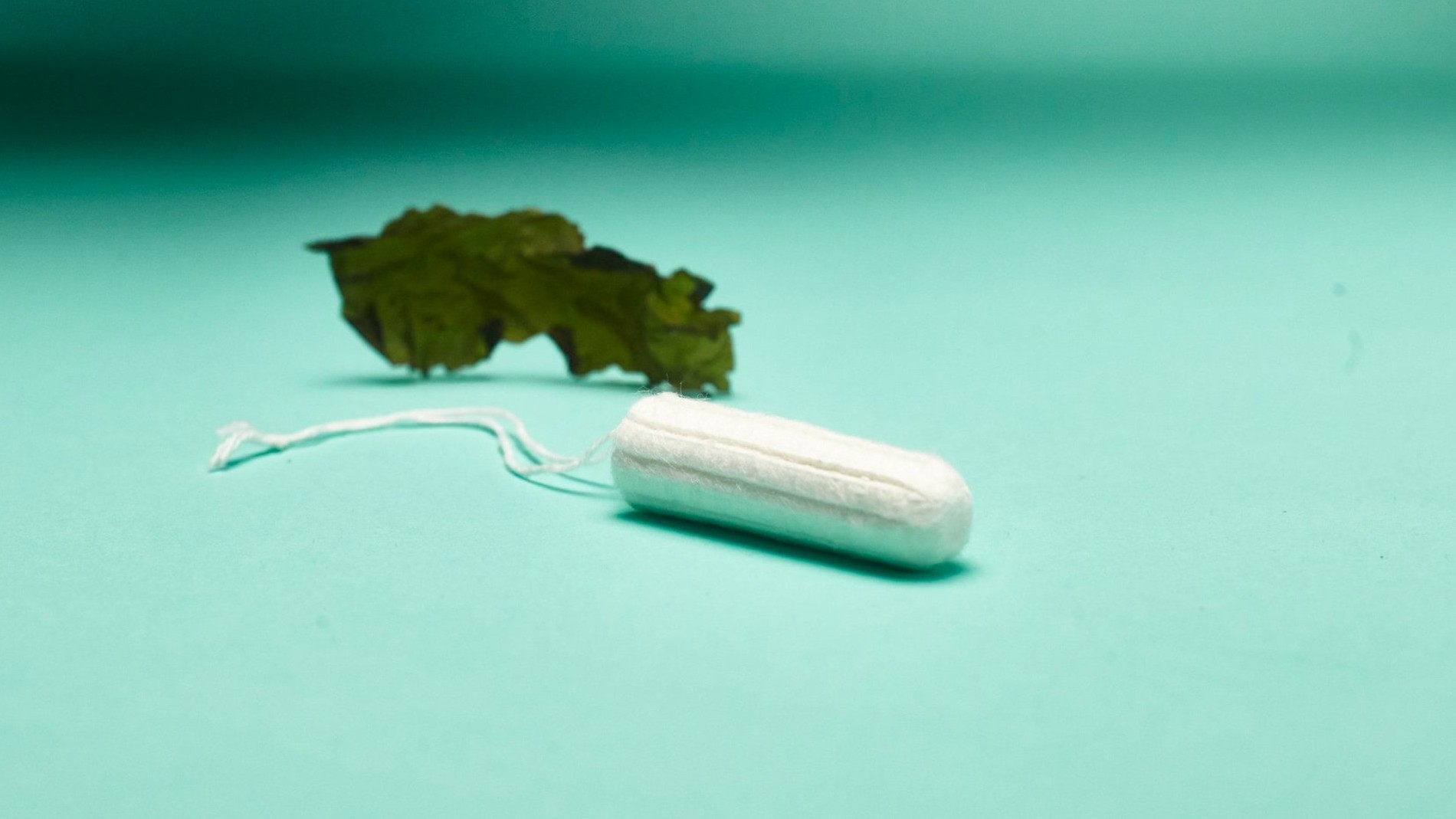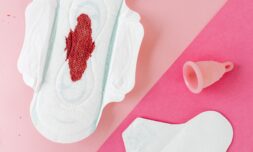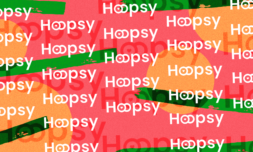Plastic period products are the fifth most common source of waste washing up on beaches across Europe. Seeking to tackle this is Vyld, by utilising one of the planet’s greatest untapped resources.
Although disposable tampons and pads are extremely commonplace, 80 per cent of women don’t realise that the majority of their period products aren’t made with compostable materials.
In fact, given that manufacturers aren’t usually required to disclose a list of ingredients when selling these items, pesticides, glue, and even bleach has been discovered in a large number of them.
They also cause significant wastage – tampon applicators aren’t biodegradable and the plastic content of a pack of pads is equivalent to four plastic bags – nor can they be recycled or repurposed, with period products the fifth most common source of waste washing up on beaches across Europe.
As new data continues to surface and reach mainstream news, it’s unsurprising that backlash against the environmental impact of the feminine care industry has been mounting and that eco-conscious consumers are demanding alternatives that are better for both their bodies and the Earth.
Acutely aware of this, German startup and circular economy aficionado, Vyld, has developed a biodegradable tampon made from seaweed – one of the planet’s greatest untapped resources.
Named ‘Kelpon,’ the sustainable product is made from a biopolymer extracted from marine algae, which grows 10x faster than land plants without fertiliser, pesticides, or fresh water.
Not only this, but seaweed takes carbon dioxide out of the atmosphere to produce oxygen and is regenerative because its controlled cultivation doesn’t harm the oceans but can actually help them.
‘Our long-term vision is the Algaeverse, a universe of sustainable products based on seaweed, and the idea of sustainability is absolutely central to this,’ says CEO, Ines Schiller.
She explains that 100 women tested Kelpon and said it didn’t need a plastic applicator as seaweed is slimy by nature and remains silky when made into fibres. The cover of the tampon is still made out of plastic, but the team says it’s working on seaweed-based biodegradable alternatives.
‘Cotton tends to be a little more difficult to insert and also dries out a little more, and we don’t have that,’ adds Schiller. ‘And we owe this to the raw material of the seaweed, which has these positive properties for menstruating women naturally. If we can produce biodegradable sanitary products such as tampons from seaweed, then this obviously has a major advantage.’

















